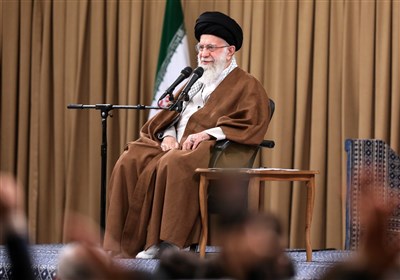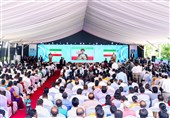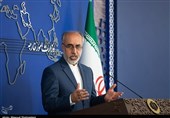EU Fails to Give Anti-Press TV Proof in Court
TEHRAN (Tasnim) – The European Union has failed to produce any legal evidence against two former and current Press TV officials, who have taken the EU to the European Court of Justice over the bloc’s controversial decision to put them on its sanctions list.
Press TV argued that the EU’s 2013 decision to impose sanctions against its top officials violated their basic human rights.
In March 2013, the EU said in a statement that the two Press TV officials were subject to travel ban and asset freeze for their “role in producing and broadcasting forced confessions of detainees.”
Press TV rejected the allegations as baseless and asked for evidence, but to no avail, according to the official website of the TV channel.
The court hearings were held in Luxemburg on Tuesday, when Press TV challenged the EU sanctions.
“Two hearings were held. The first hearing was the longest since numerous questions were asked,” said one of Press TV’s lawyers.
“We started with our arguments, followed by the council’s arguments and then JFI for a shorter period,” he said, referring to the Tuesday hearing that was also attended by anti-Iran organization JFI that had asked to be given a chance to help the EU on the issue.
The lawyer also said that "particular emphasis was put on the lack of evidence presented by the (EU) council when imposing the sanctions."
“This is a fundamental point, since the applicants have been sanctioned without any real proof to justify them. It was repeated that their legal rights and presumption of innocence had been violated,” he added.
The Press TV lawyer also said that “no evidence provided by the (EU) council proved anything against the applicants.”
“Rather, it is vague and generic evidence that lacks any legal proof. JFI tried to present last-minute new evidence but this was not accepted.”
The lawyer said while “it is not easy to predict what the General Court will do,” it must be noted that “these are especially complex cases since political considerations will play a part that could affect the final outcome.”
“If the court makes a purely legal decision, there is much reason to be optimistic since no real proof was submitted against the applicants,” he added.






